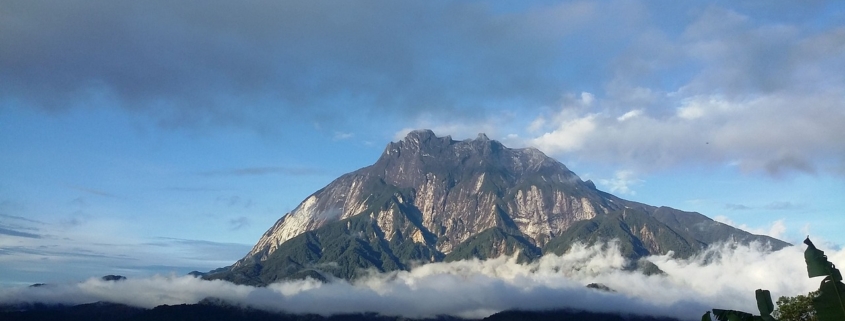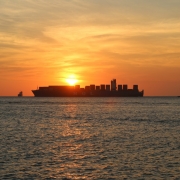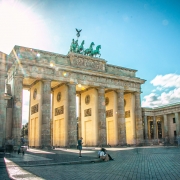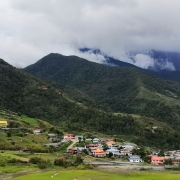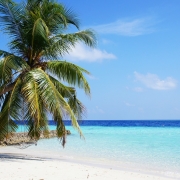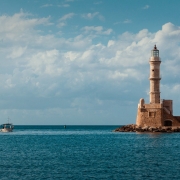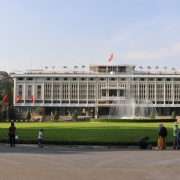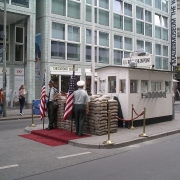Why did the Jabidah massacre occur?
Topic of Study [For H2 History Students]:
Paper 2: Regional Conflicts and Co-operation
Source Based Case Study
Theme III Chapter 1: Inter-state tensions and co-operation [dispute over Sabah]
Origins
In the late 1960s, the Marcos administration launched a clandestine operation to infiltrate and sabotage Sabah. In summary, the plan was to reclaim the disputed territory of Sabah from Malaysia.
Contesting claims
These developments can be traced to the territorial disputes between Malaysia and the Philippines. Sabah was endowed with abundant natural resources, producing billions of dollars worth of timber, platinum and gold.
The Philippine authorities asserted that the Sabah territory belonged to the Sultan of Sulu, who ruled from 1666 to 1946. After the Second World War, the British oversaw the decolonisation of Malaya and the creation of the Malaysian Federation that included Sabah (Borneo Territories).
However, the Philippine government insisted that the British ‘rented’ Sabah from the Sultan of Sulu and thus had no right to transfer land rights to Malaysia.
Though Britain included Sabah in the lands for the Malaysian Federation, the British had only been renting Sabah from the Sultan, and did not own it to give away, just as Spain did not own Sulu to sell it to America in 1898. The Sultan and most Moros felt as if someone were selling a horse that did not belong to them. How could the British give away the Sultan’s land, something he had owned 280 years?
An excerpt taken from “Nur Misuari: An Authorized Biography” by Tom Stern.
Given that the Sultan of Sulu, Jamalul Kiram II, was unable to pressure the British to reclaim Sabah from Malaysia, he turned to the Philippine government for help. The Sultan transferred his rights of the Sabah territory to Manila, in hopes that the latter would retake Sabah.
On 22 January 1962, Manila opposed a British note and insisted that it had rights to North Borneo. Diplomatic solutions were futile as seen by the outcome of the United Nations-supervised Referendum held on 13 September 1963. While a majority of the people in Sabah and Sarawak voted to join the Malaysian Federation, Manila and Jakarta opposed the results. Notably, this gave rise to the Konfrontasi.
Marcos’ Plan: Oplan Merdeka
In 1968, Philippine President Ferdinand Marcos hatched a plan to reclaim Sabah from Malaysia. He authorised the training of recruits, who were mostly Tausug people. By conspiring with their kin in Sabah, Marcos was certain that a civil unrest would ensue.
When that happens, the Sabah people would either secede from Malaysia or Manila would assume full control of the disputed territory.
The secret mission was codenamed ‘Operation Merdeka’ (‘Freedom’). These Muslim recruits were promised to be paid and be a part of the Philippine Armed Forces (AFP). As they were trained in an abandoned hospital, the recruits did not receive the payment as promised.
Eventually, the recruits realised that they were sent to invade Sabah and had to take the lives of their Muslim brethren in Malaysia. Horrified by this revelation, they submitted a petition to Marcos, seeking to expose the ill-treatment and deception by their superiors. Yet, their petition did not reach Marcos.
On 18 March 1968, more than 28 Muslim trainees were killed on Corregidor Island by soldiers of the AFP, sparking the rise of Muslim separatism that destabilised the Philippines ever since.
However, when members of the Armed Forces of the Philippines massacred more than 28 Moro Muslim recruits on March 18, 1968, on the Philippine island of Corregidor (called the Jabidah massacre), the sentiments of the Muslims in the Philippines led to the mobilization of the Muslim population, subsequently leading to the formation of the MNLF, led by the University of the Philippines professor Nur Misuari, that was able to challenge the Philippine state in terms of arms.
An excerpt taken from “The Slippery Slope to Genocide: Reducing Identity Conflicts and Preventing Mass Murder” by Mark Anstey, Paul Meerts and William Zartman.
Join our JC History Tuition to learn more about Inter-state Tensions. The H2 and H1 History Tuition feature online discussion and writing practices to enhance your knowledge application skills. Get useful study notes and clarify your doubts on the subject with the tutor. You can also follow our Telegram Channel to get useful updates.
We have other JC tuition classes, such as JC Math Tuition and JC Chemistry Tuition. For Secondary Tuition, we provide Secondary English Tuition, Secondary Math tuition, Secondary Chemistry Tuition, Social Studies Tuition, Geography, History Tuition and Secondary Economics Tuition. For Primary Tuition, we have Primary English, Math and Science Tuition. Call 9658 5789 to find out more.

